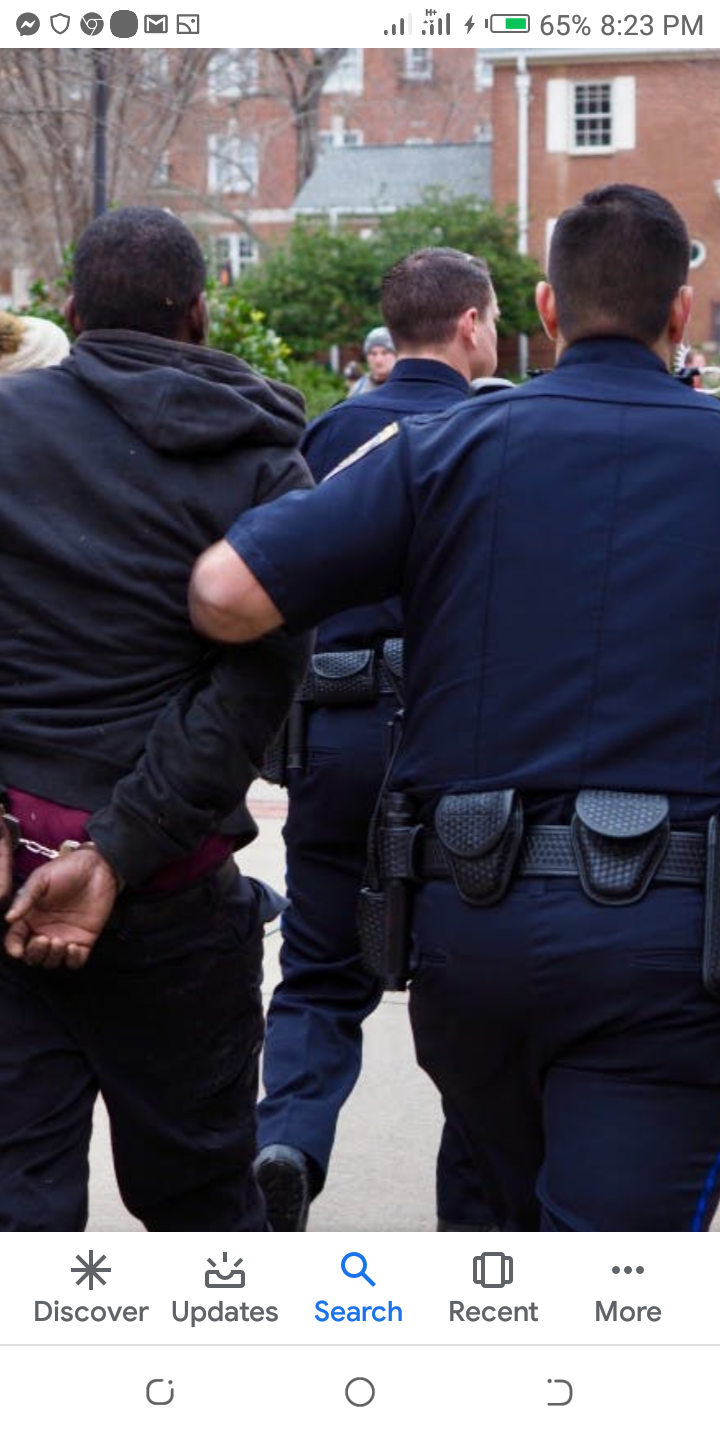Arrest and bail are critical issues of the law in the arena of legal discourse. Both municipal and international laws have given legal guide to these two very important legal topics. International instruments like the Universal Declaration of Human Rights, Charter of the United Nations, International Humanitarian Laws, African Charter on Human and Peoples Right, ec tecera, have given credence to these topics. Worthy of note however is, in this post, I am going to narrow it down to the 1999 Constitution of the Federal Republic of Nigeria.
Section 35 of the 1999 Constitution of the Federal Republic of Nigeria(CFRN) as amended provides for the personal liberty of persons and that no person shall be denied or deprived of such liberty except on special circumstances. Therefore, if a suspect or defendant is being denied of his personal liberty as guaranteed in the Constitution, what such suspect or defendant would do to secure his personal liberty is through the application of bail.
To grant bail is to set at liberty a person arrested, charged to court or imprisoned, or security being taken for his appearance on a day and place (Black's Law Dictionary 6th Ed at 140) When bail is granted a suspect, an accused or a convicted person is granted temporary release from custody, pending the conclusion of investigation, the determination of the case against him, or the determination of his appeal against conviction.
Section 35(4) of the 1999 Constitution (as amended), demands that any person denied of his personal liberty in this regard shall be brought before a court of law within a reasonable time otherwise the person should be released on bail. Reasonable time is defined under Section 35(5) 1999 CFRN as 24 hours, that is, a day in the case of an arrest, or detention in any place where there is a court of competent jurisdiction within the radius of 40Kilometres.
Either the Police or the Court may grant bail as the case may be. Section 17 of the Criminal Procedure Act (CPA), Section 27(a) of the Police Act authorise the grant of bail by the Police pending the trial of the accused person. When a person is arrested by the Police, such suspect supposed to be released within 24 hours or at most 48 hours, and anything short of this is a violation of the law and as such remains illegal. In the case of EDA V. COMMISSIONER OF POLICE, the phrase ''as soon as practicable'' was held to be inconsistent with the specific periods provided for by Section 35 (4)&(5) of the 1999 CFRN.
When a person is arrested to the police station, the law enjoins the officer in charge of the station to release the suspect on bail pending further investigation into the case or before a charge is preferred against the accused person in court. The conditions upon which a court in Nigeria may grant or refuse bail are not exhaustible. However, the likelihood of the accused person attending his trial is the main consideration that determines the grant or refusal of bail.
In conclusion, bail is the way to secure the personal liberty of a suspect where one is denied of his personal liberty.

Posted using Partiko Android